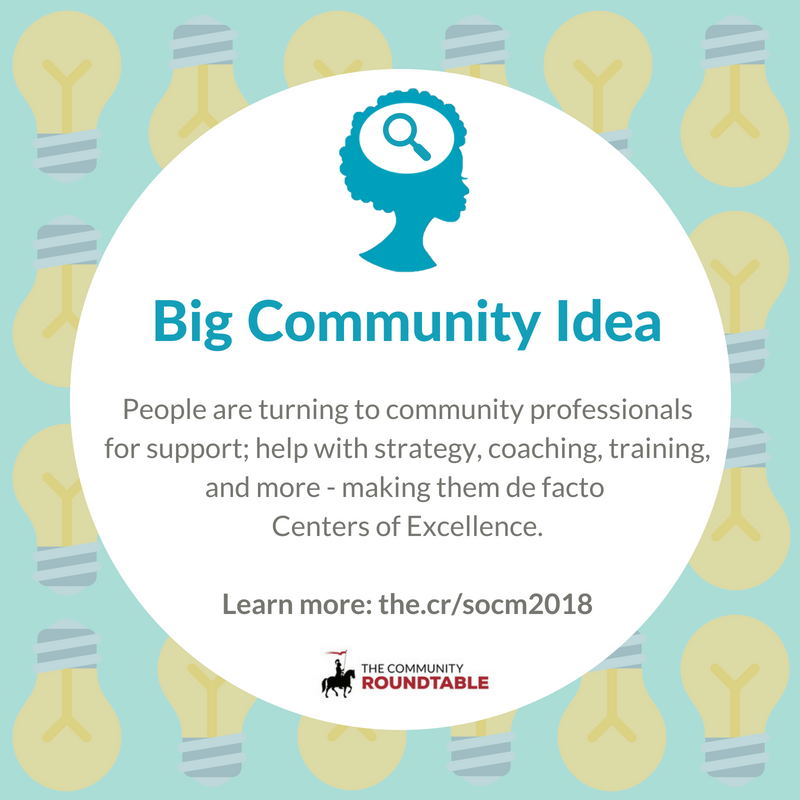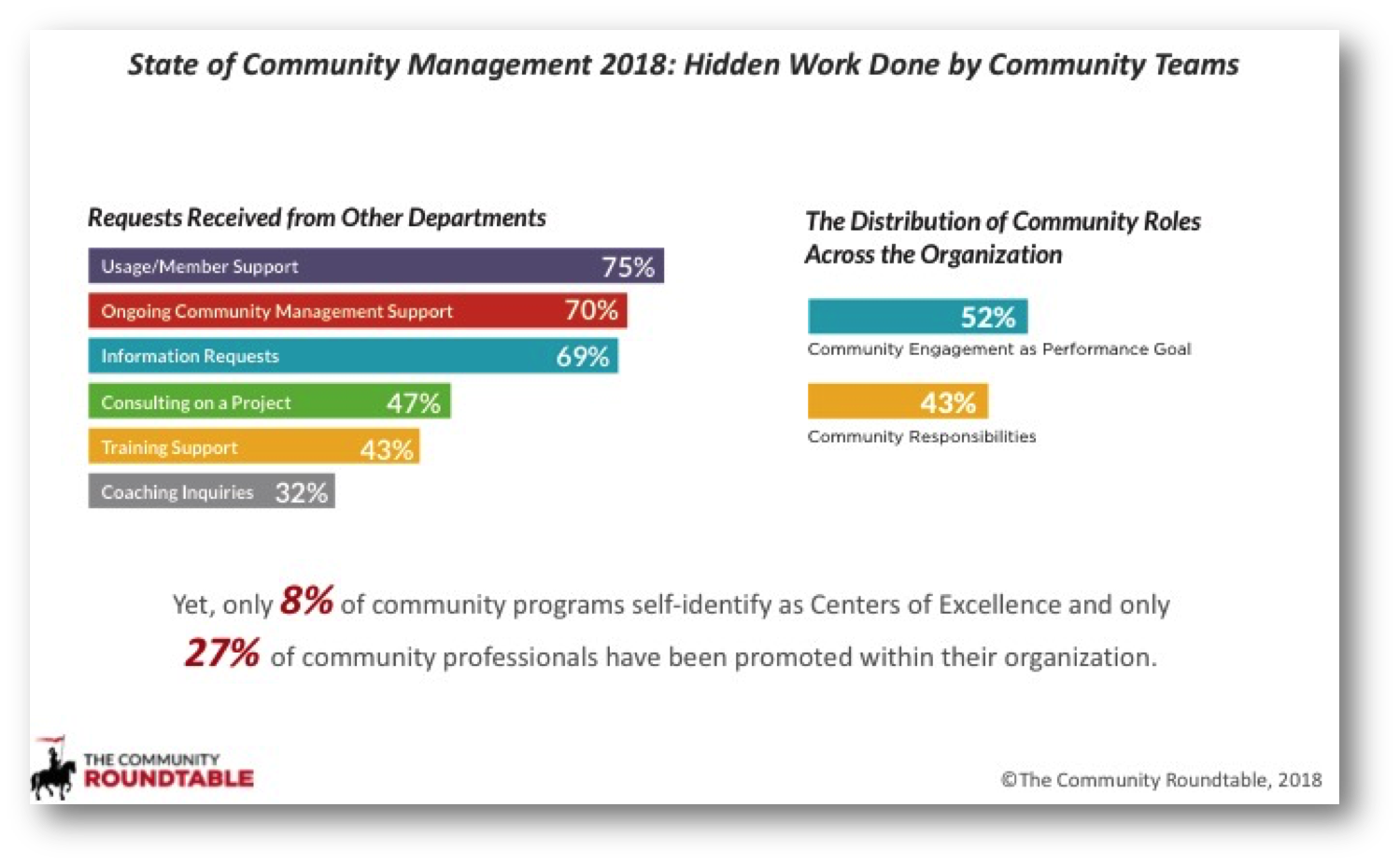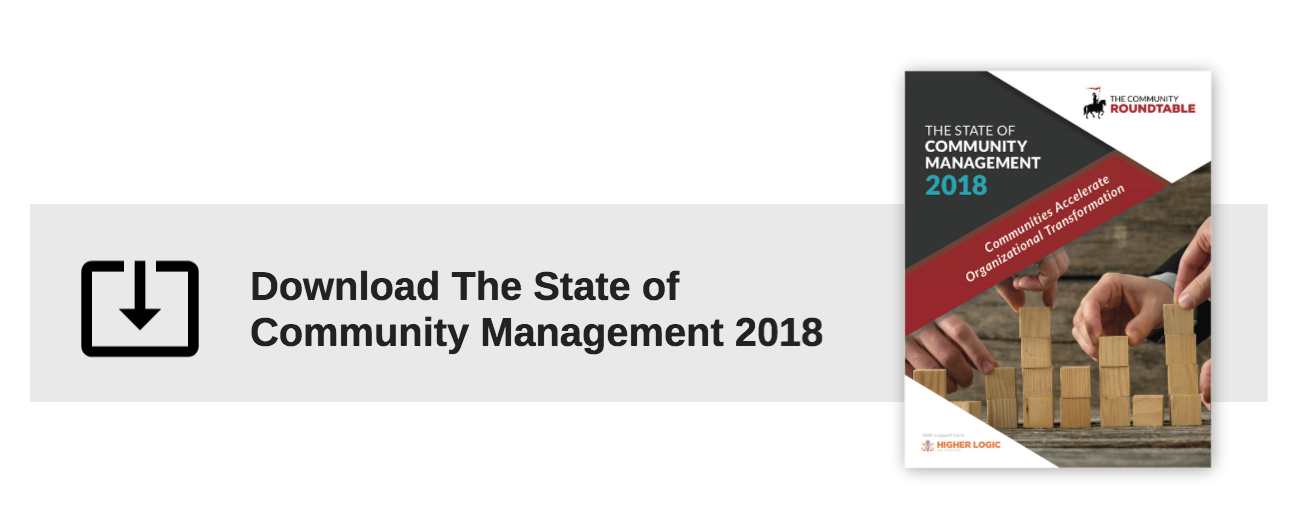 Community management work is evolving along with roles – and evolving rapidly. As all communications become networked, community engagement and management is a discipline that everyone needs to cultivate to be successful.
Community management work is evolving along with roles – and evolving rapidly. As all communications become networked, community engagement and management is a discipline that everyone needs to cultivate to be successful.
I’ve long said that community management is the future of all management – and community leadership is the future of all leadership.
That’s happening and people are turning to community professionals for support; help with strategy, coaching, training, and more. All of those requests are straining the already stretched resources of community teams and making them de facto Centers of Excellence without formal acknowledgment of that role. Even more critically they do not have the resources or skill sets they need to provide that support effectively while still shouldering much of the responsibility for day-to-day engagement. 47% of community teams are consulting on project work, 43% are responding to training requests, and 32% are accommodating coaching needs while only 8% of community teams report that they are Centers of Excellence.
 Add to that, 52% of community programs include engagement as a professional development goal for employees outside of the community team and 43% of programs include community management responsibilities for employees outside of the community team. That requires a lot of coordination and reporting, never mind training and coaching. And yet, the average community team still only includes 4.4 full-time staff members.
Add to that, 52% of community programs include engagement as a professional development goal for employees outside of the community team and 43% of programs include community management responsibilities for employees outside of the community team. That requires a lot of coordination and reporting, never mind training and coaching. And yet, the average community team still only includes 4.4 full-time staff members.
This shift from primarily focusing on building engagement and community value to helping others build and facilitate communities is a tough transition. The skills required to do one are not necessarily the skills required to do the other. As teams do more indirect support they need better business, strategy, and technical skills – all of which are secondary skill sets when the primary responsibility is direct engagement and value creation.
Do you provide indirect support for others as they develop their community management skills? If so, is it acknowledged and resourced by your stakeholders? If not, do you report its frequency and time requirements to stakeholders so they can more accurately see the breadth of work you are doing?
Want more insights? Download The State of Community Management 2018 report now!
